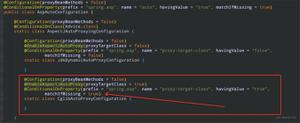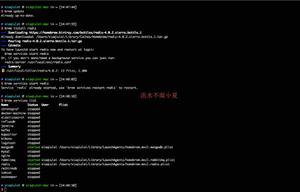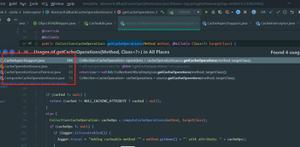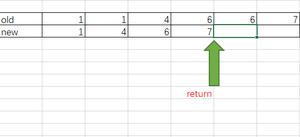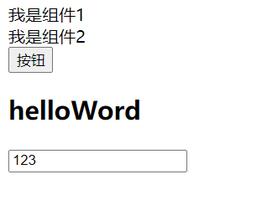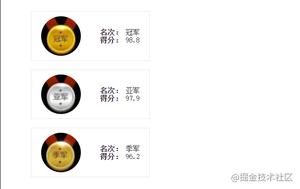Spring实战之Bean的作用域request用法分析
本文实例讲述了Spring实战之Bean的作用域request用法。分享给大家供大家参考,具体如下:
一 配置
1 applicationContext.xml
<?xml version="1.0" encoding="GBK"?>
<beans xmlns:xsi="http://www.w3.org/2001/XMLSchema-instance"
xmlns="http://www.springframework.org/schema/beans"
xsi:schemaLocation="http://www.springframework.org/schema/beans
http://www.springframework.org/schema/beans/spring-beans-4.0.xsd">
<!-- 指定使用request作用域 -->
<bean id="p" class="org.crazyit.app.service.Person"
scope="request"/>
</beans>
2 web.xml
<?xml version="1.0" encoding="GBK"?>
<web-app xmlns="http://xmlns.jcp.org/xml/ns/javaee"
xmlns:xsi="http://www.w3.org/2001/XMLSchema-instance"
xsi:schemaLocation="http://xmlns.jcp.org/xml/ns/javaee
http://xmlns.jcp.org/xml/ns/javaee/web-app_3_1.xsd" version="3.1">
<listener>
<listener-class>org.springframework.web.context.ContextLoaderListener</listener-class>
</listener>
<listener>
<listener-class>org.springframework.web.context.request.RequestContextListener</listener-class>
</listener>
</web-app>
二 Bean
package org.crazyit.app.service;
public class Person
{
private int age;
}
三 视图
<%@ page contentType="text/html; charset=GBK" language="java" errorPage="" %>
<%@ page import="org.springframework.web.context.*" %>
<%@ page import="org.springframework.web.context.support.*" %>
<%@ page import="org.crazyit.app.service.*"%>
<!DOCTYPE html PUBLIC "-//W3C//DTD XHTML 1.0 Transitional//EN"
"http://www.w3.org/TR/xhtml1/DTD/xhtml1-transitional.dtd">
<html xmlns="http://www.w3.org/1999/xhtml">
<head>
<title>Spring Bean的作用域</title>
</head>
<body>
<%
// 获取Web应用初始化的Spring容器
WebApplicationContext ctx =
WebApplicationContextUtils.getWebApplicationContext(application);
// 两次获取容器中id为p的Bean
Person p1 = (Person)ctx.getBean("p");
Person p2 = (Person)ctx.getBean("p");
out.println((p1 == p2) + "<br/>");
out.println(p1);
%>
</body>
</html>
四 测试
更多关于java相关内容感兴趣的读者可查看本站专题:《Spring框架入门与进阶教程》、《Java数据结构与算法教程》、《Java操作DOM节点技巧总结》、《Java文件与目录操作技巧汇总》和《Java缓存操作技巧汇总》
希望本文所述对大家java程序设计有所帮助。
以上是 Spring实战之Bean的作用域request用法分析 的全部内容, 来源链接: utcz.com/z/328275.html

